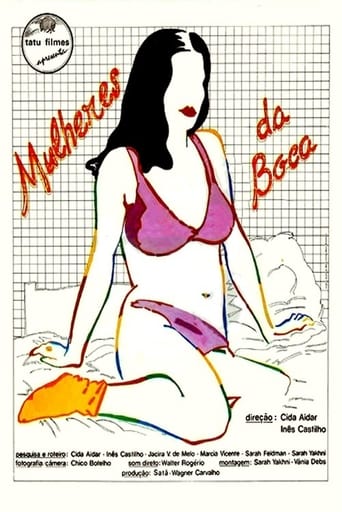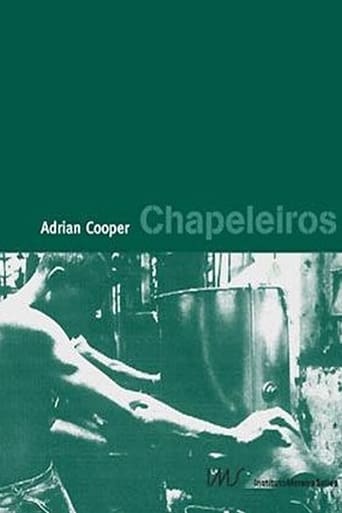Mamonas Forever 2009
In less than ten months, the music band Mamonas Assassinas went from being completely unknown to becoming one of the biggest phenomena in Brazilian music. Irreverent, intelligent, sarcastic and creative, the band took over Brazil and sold two million albums in just six months. Never-before-seen footage and interviews from family, friends, producers, and musicians tell the band’s story, their challenges, their rise to fame, and the tragic aeroplane accident that killed all its members in 1996.






